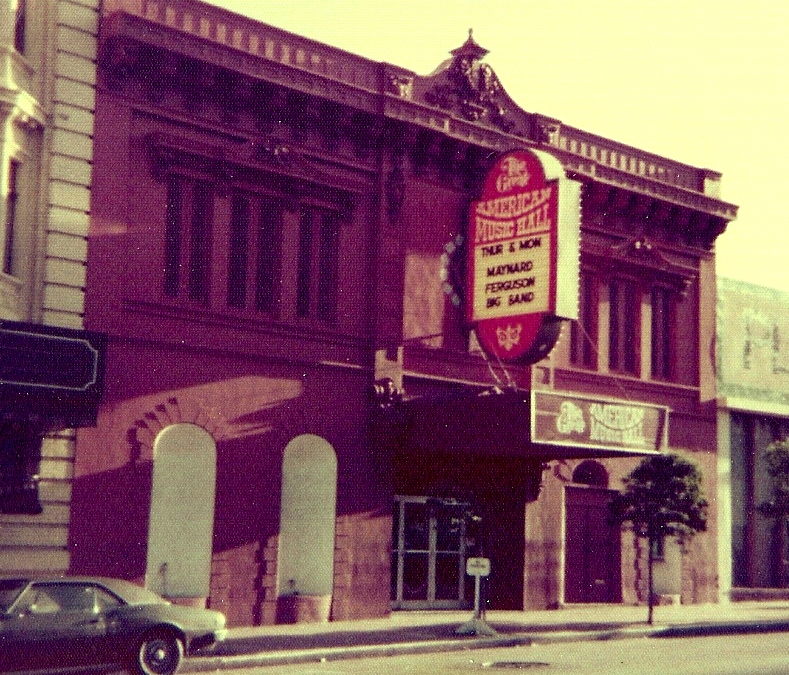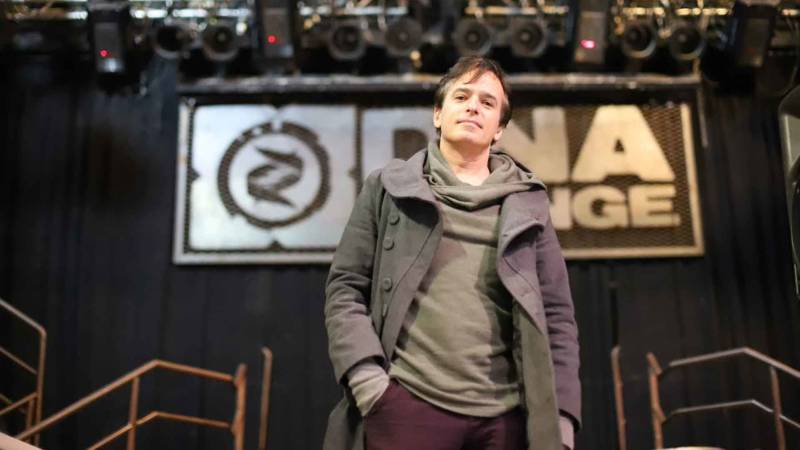In 1988, Bill Graham’s former assistant Queenie Taylor hired Tanya Pinkerton to help publicize events and distribute concert listings for a new venue called Slim’s. In 2000, when Slim’s acquired the Great American Music Hall, Pinkerton gladly added the historic venue to her client list.
But a year after Slim’s and the Great American Music Hall inked a booking agreement with corporate promoter Goldenvoice, Pinkerton was recently told her work is redundant.
She was let go in January, shortly after manager Dana Smith and promoter Tracey Buck were also laid off. Goldenvoice, Pinkerton was told by email, already had concert listings covered. “What’s funny is, after 30 years I decided to increase my price, by about $15 a month,” she said. “So finally I got the chutzpah to ask for a raise, and I was fired instead.”
The layoffs came one year after Slim’s and GAMH, for years considered two of the city’s flagship independent venues, outsourced booking to Goldenvoice, the Coachella promoter that, like competitor Live Nation, has dramatically expanded in the Bay Area.
Based in Los Angeles, Goldenvoice first entered San Francisco when it took over the Warfield and the Regency Ballroom in 2008. Last year, it launched the Blurry Vision music festival in Oakland. Recently the company also announced a concert series at Stanford University’s Frost Amphitheater. With Slim’s and GAMH, Goldenvoice now runs concert promotions at every level—from a small club to a large festival—in the Bay Area.



